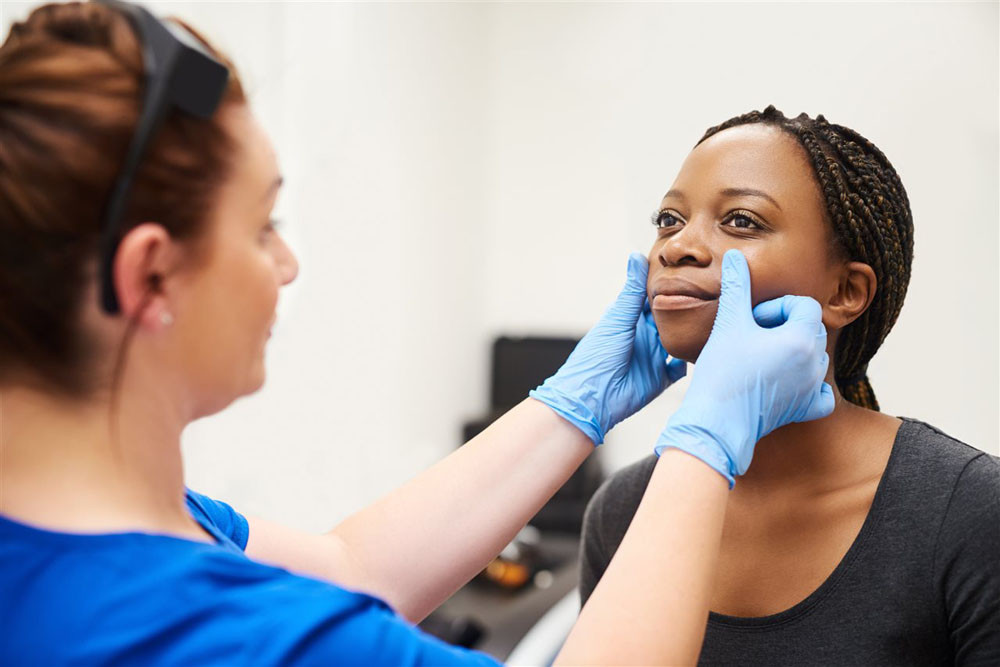Community
25 January, 2023
Acne - Not just for Teenagers
(BPT) - One of the skin conditions most common among teenagers, acne, can affect people at any age.

A common misconception is that acne is due solely to one’s diet or skincare routine, but in fact the causes of acne are complex.
While certain foods and even stress may exacerbate the condition, acne is often caused by hormonal changes in the body. For example, androgens, hormones that increase in boys and girls during puberty, cause sebaceous glands to enlarge and produce more sebum (oil), leading to acne breakouts. Other hormonal changes and their associated breakouts can occur throughout a person’s lifetime.
Many dermatology professionals were inspired to enter the field due to their own experiences with acne.
More than just a skin condition
Acne is much more than a physical disease. Its effect on one’s appearance can negatively impact a person’s self-view and mental health, regardless of their age.
“I had pretty active acne through my teenage years, even into my twenties and thirties,” Vincent Smith, a dermatology nurse practitioner said.
“It was really distressing, because we all want to put our best face forward. It’s hard to do that when you’re looking in the mirror and all you see are pimples. You feel like other people aren’t looking at you - they’re just looking at your pimples.”
Acne’s potential impact on a person’s self-esteem and self-confidence means the benefits of an effective treatment are not limited to improving one’s outward appearance.
“When we treat acne, we’re not just impacting their skin, we really are impacting their life,” board-certified dermatologist Julie Harper, MD. said.
Not just for teenagers
Because acne is so strongly associated with one’s teen years, adults who experience acne can have an even more difficult time coping with the condition.
“I was always thinking in my mind when I was a teenager, ‘I can’t wait to get older and not get pimples anymore,’ but it’s not true,” said physician assistant Renata Block, who has been dealing with acne her entire life.
No matter your age, it’s best to consult a dermatology professional who understands acne’s causes and who can help to treat your acne successfully.
Treatment is not one-size-fits-all
Acne’s causes and exacerbating conditions are complex, and not all patients will benefit from the same treatment regimen. Approaches to acne treatment include topical prescription medications such as retinoids and retinoid-like drugs, antibiotics, azelaic acid and salicylic acid, benzoyl peroxide, and androgen receptor inhibition.
Some acne medications are administered orally. Because treatments may have side effects, it’s best to consult a dermatology professional to find the best treatment options for your condition.
Treat acne early to increase your chances of success
Dr. Corey Hartman, a board-certified dermatologist, highlights the importance of being treated for acne as soon as you can, for the best results.
“Acne wears on your selfesteem,” he said, “and to be honest, can even interfere with your ability to excel professionally.”
If you or a loved one are experiencing acne, contact a dermatology professional to find the treatment plan that will work best for you.


